What Happens To Your Body When You Run 5k?

So you’re a 5k runner. Nice one! But aside from covering the distance and maybe hitting a certain pace, have you ever thought about what happens to your body when you run this far? We’re here to explain how a 5k affects your physiology.
During your run
1. Muscle movement
When you set off on your 5k, one key thing that changes is the way your muscles work to shift your body from a resting to an active state. Seven key muscle groups are fired up when you run – the hip flexors, glutes, quadriceps, hamstrings, calf muscles, abdominal muscles and upper body muscles – engaging your whole body in the motion.
That said, and perhaps as expected, the muscles in your leg do most of the legwork (pun intended). The quadriceps bend the hip and extend the knee, stabilising and absorbing the impact as your feet land on the ground – known as the ‘stance phase’ during a run. 1 This helps to propel you forward while transferring energy to the hamstrings for the ‘swing phase’ of your run, where your feet are in the air.
The gastrocnemius – your main calf muscle – also warrants a shout out, as it plays a huge role in getting you moving for a run. A fun fact is that this muscle takes its name from the Greek words γαστήρ (gaster), meaning stomach or belly, and κνήμη (kneme), meaning leg, making it the ‘belly of the leg’, or the bulk of the calf. This muscle delivers significant power and forward propulsion as you run.
While they are not quite as crucial, the abdominal muscles are still activated when you run to keep you stable and upright. The upper body muscles – particularly those in your back and shoulders – are also woken into action to build running momentum and help drive you forward.
Knowing how important these muscles are for running a 5k is surely an incentive to get you doing that strength and conditioning work…
2. Breath and heart rate
As you run, it makes sense that your heart and lungs step up a gear.
It’s your lungs’ job to bring oxygen into the body for energy, and to remove waste carbon dioxide. When you run a 5k – or do any form of exercise – and your muscles work harder, your body uses more oxygen and creates more carbon dioxide, meaning your breathing has to increase to deliver more oxygen to the lungs, quicker. On average, your rate of breathing increases from about 15 times a minute when you’re resting to about 40-60 times a minute when you run. 2
It’s your heart’s responsibility to deliver this oxygen, via your bloodstream, to your muscles doing the running work. To do so quickly, your heart starts to contract faster to increase blood circulation, resulting in a higher heart rate that stays elevated for as long as you’re out running. That’s why you’ll notice your pulse increase as you get going on your 5k run.
3. Energy stores
To work effectively – both for a 5k run and generally – your muscles rely on carbohydrates and fat as fuel. Carbohydrates are broken down into simple sugars called glucose, which your body pulls from your bloodstream when you start running. As your run continues, and this glucose store is depleted, your body then turns to glucose stored in your liver and muscles: glycogen. The rate at which glycogen is depleted depends on the intensity and duration of your run and how much you have stored in your body.
As your body uses glycogen and oxygen, so too does its temperature increase. This causes your sweat glands to release moisture – sweat – to keep you from overheating. This explains why you warm up when you run!
4. Nervous system
Keep going on your 5k and your body will start to release hormones called endorphins, which give you that ‘runner’s high’ that you may have heard about – a short burst of post-exercise euphoria. These endorphins can also prevent the feeling of pain in your muscles while you run, which helps you to keep going to the end of your 5k.
After your run
1. Good feels
Within around 10 minutes of finishing your 5k run, you’ll notice your breathing return to normal and your heart rate go back down to its regular, resting rate.
Thanks to the aforementioned ‘feel good’ endorphins released by your body during exercise, you’ll also feel more energised and upbeat, and you’ll enjoy other neurological perks such as improved memory, focus and task-switching ability. In addition, regular running and other cardiovascular exercise has been found to produce new blood vessels in the brain and build new brain cells through a process called neurogenesis, which can boost overall brain performance and reduce the risk of cognitive decline. 3 All is well!
2. Muscle repair
That said, your muscles may not feel quite as well – a tiny bit tired and sore, perhaps. But this is not a bad thing, and actually quite normal.
Running causes micro-tears in your muscles, so once you’ve stopped and you’re in your recovery phase, your body’s natural healing system gets to work to repair them. It does so by building new muscle fibres to fill the gaps between the micro-tears, which makes your muscles a tiny bit bigger than they were before.
In short, a lot goes on when you run a 5k. Your whole body – including your muscles, organs and nervous system – is engaged to help you complete the effort, and it benefits nicely from that effort as well.

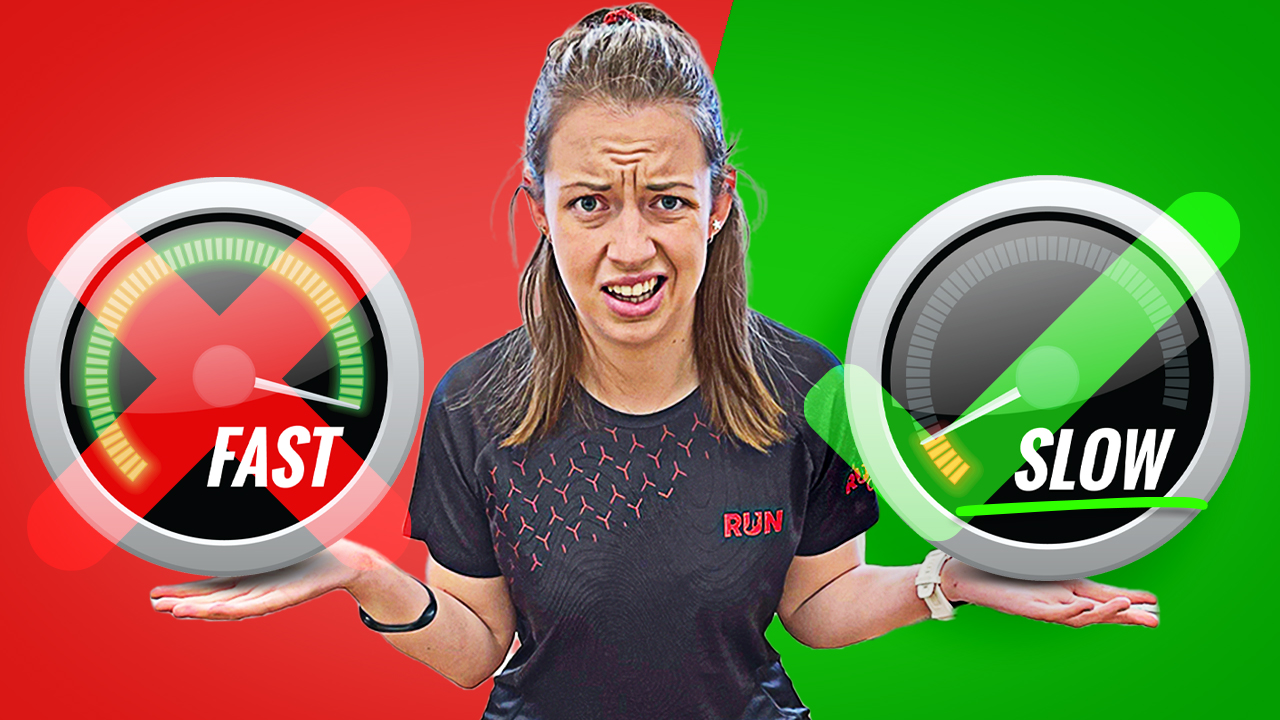







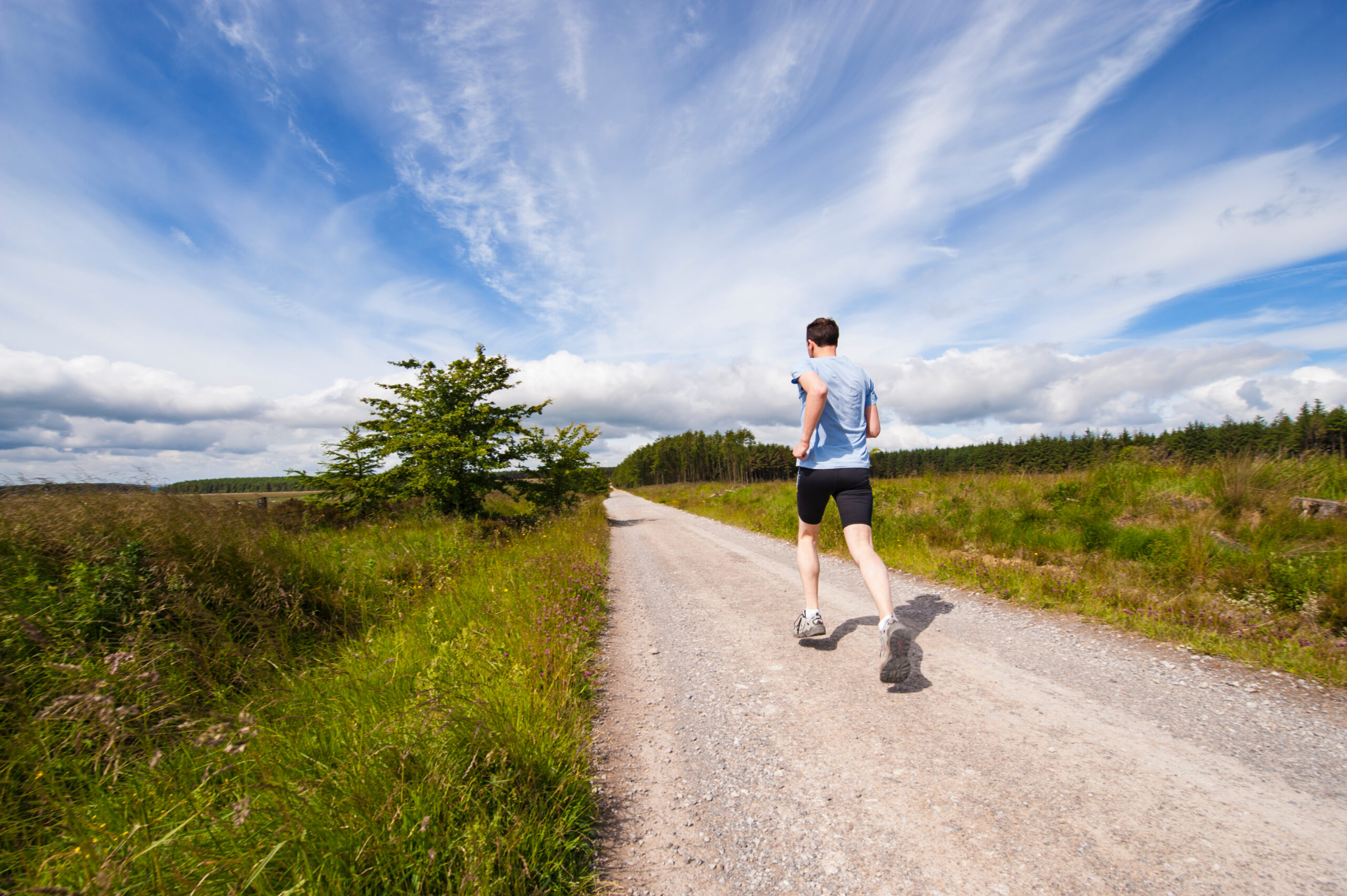

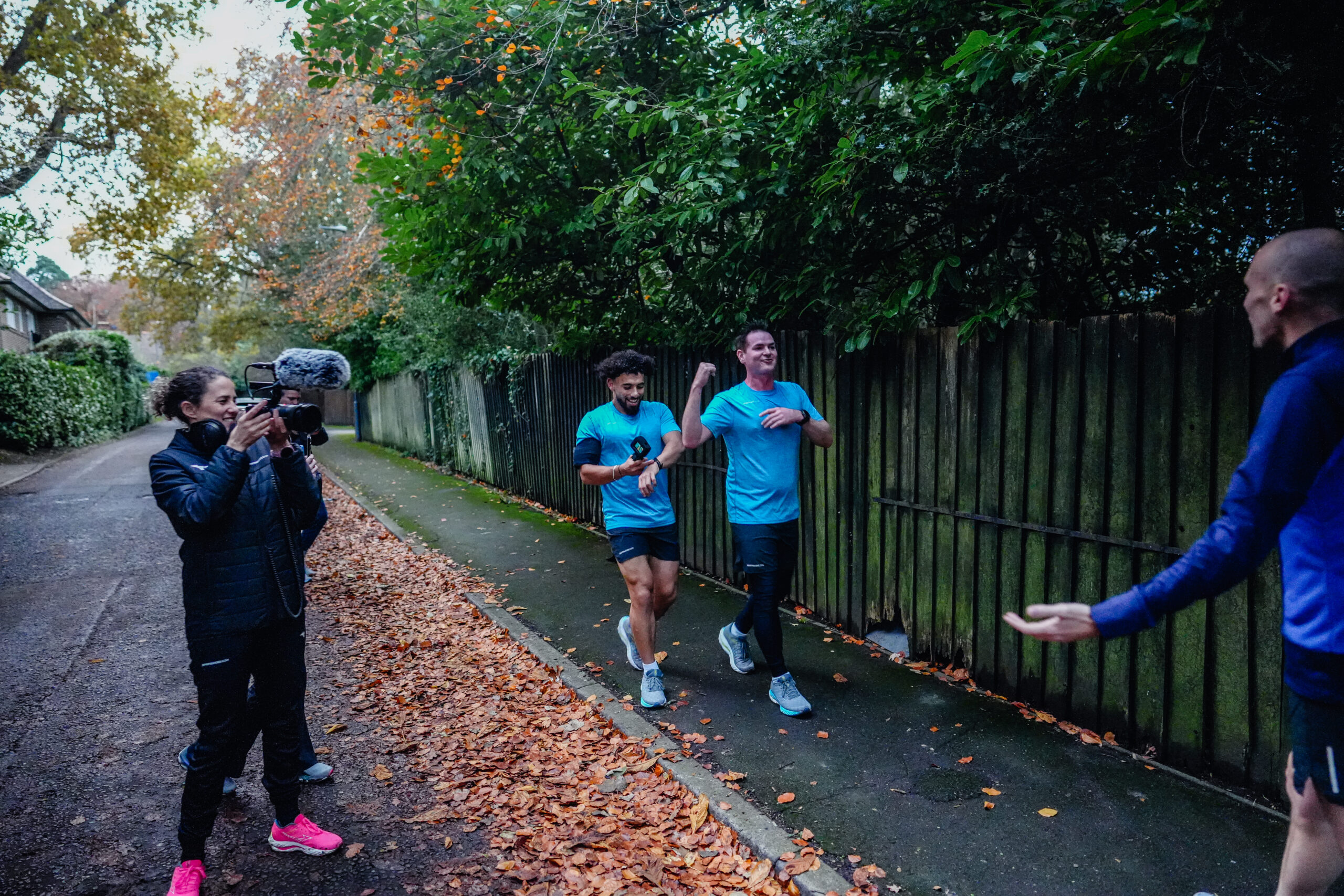
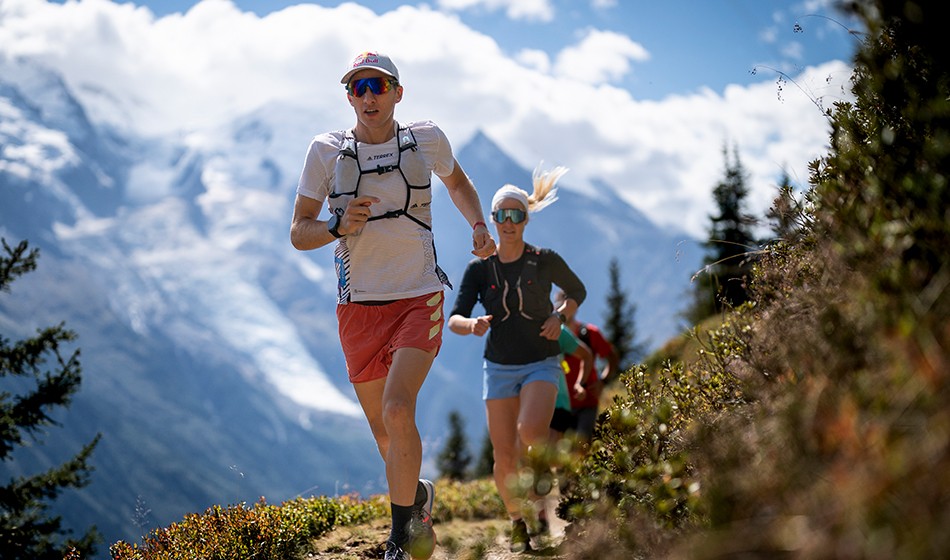
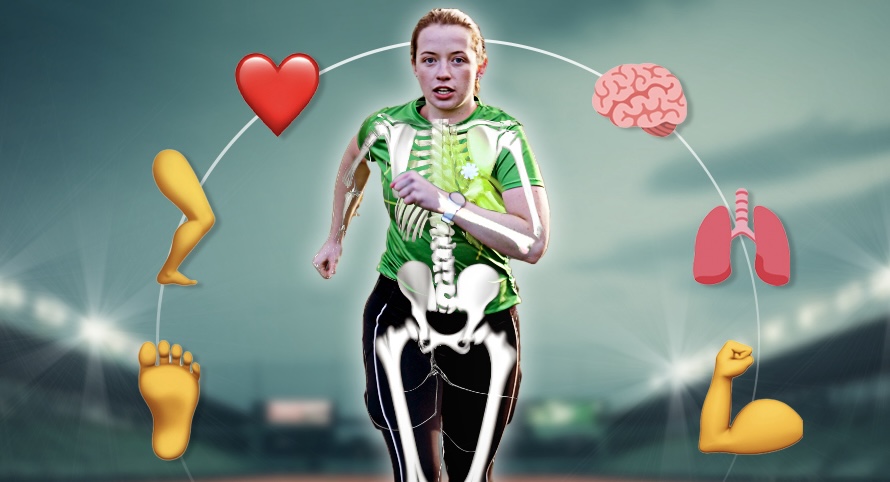
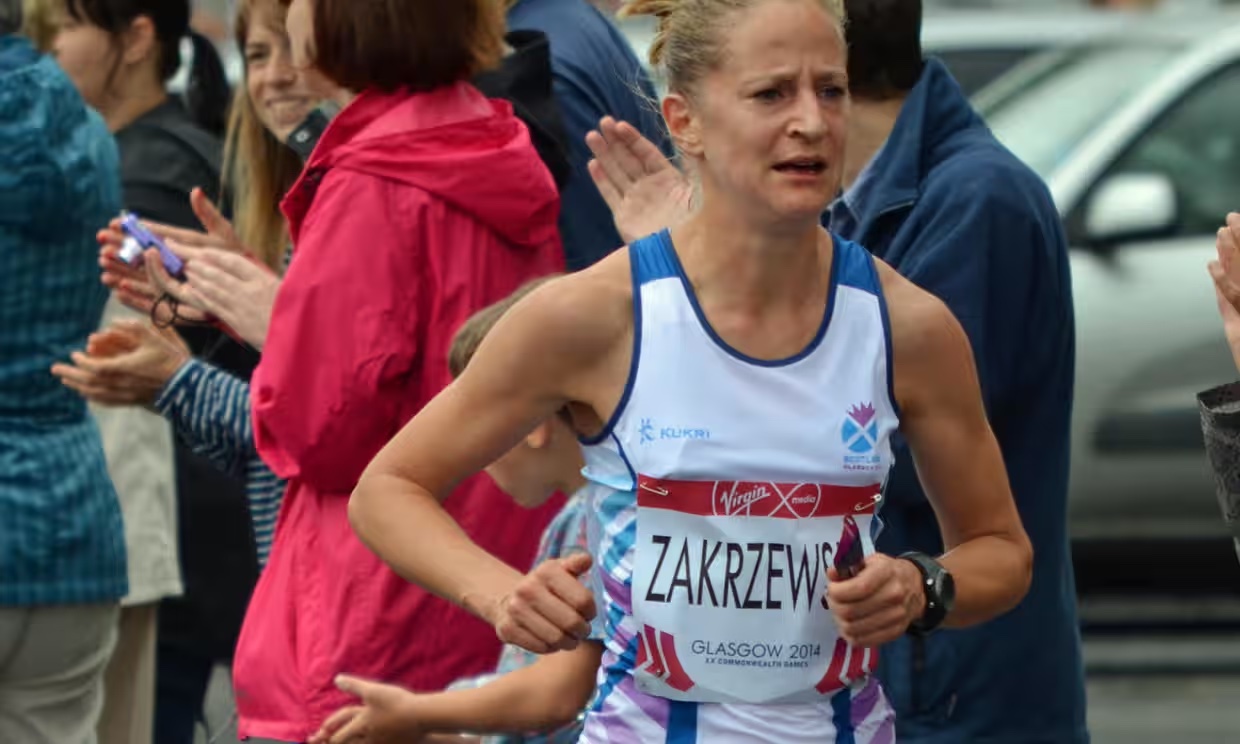

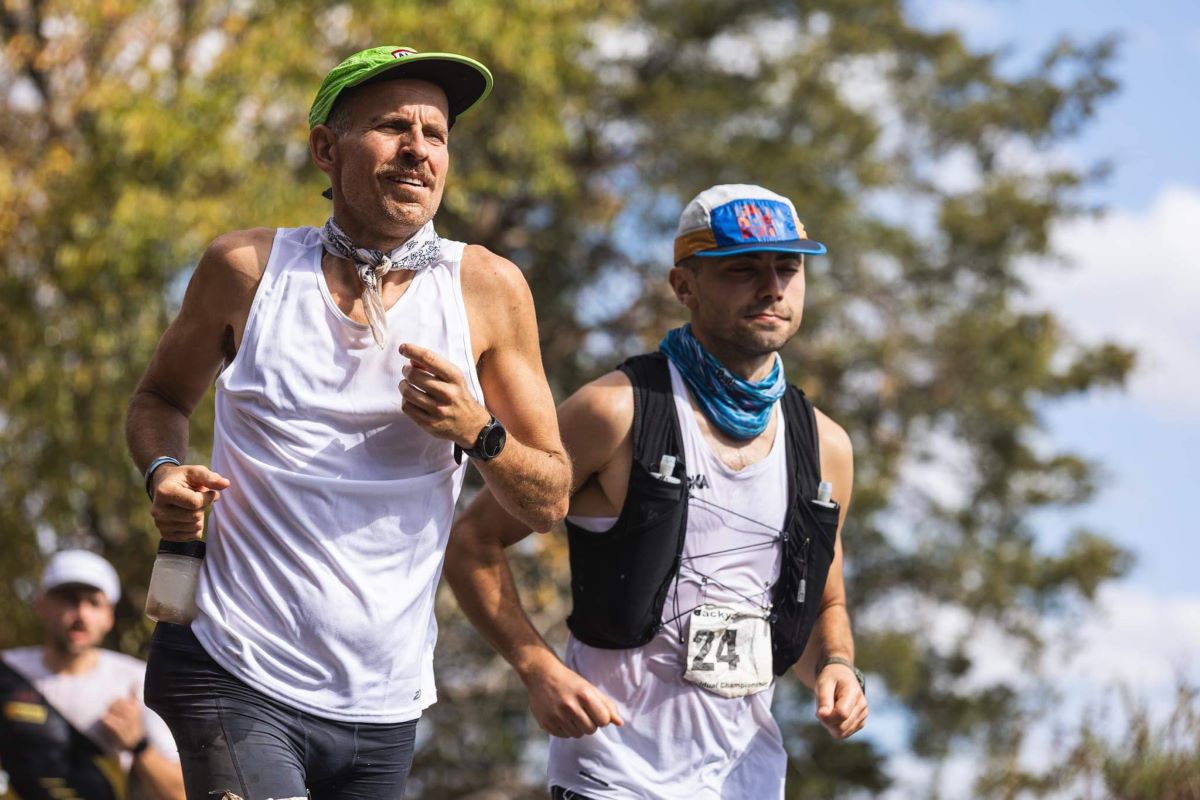

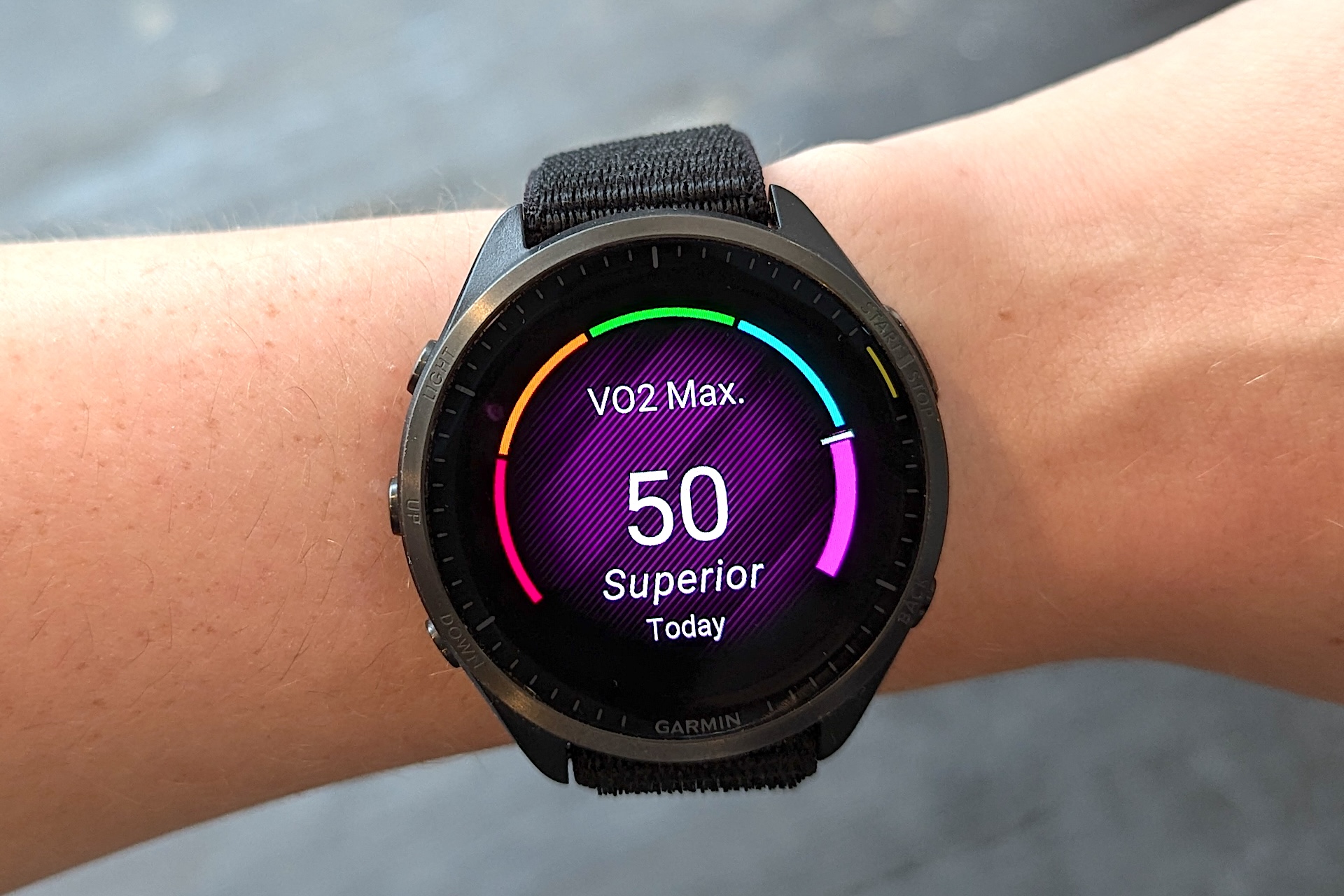
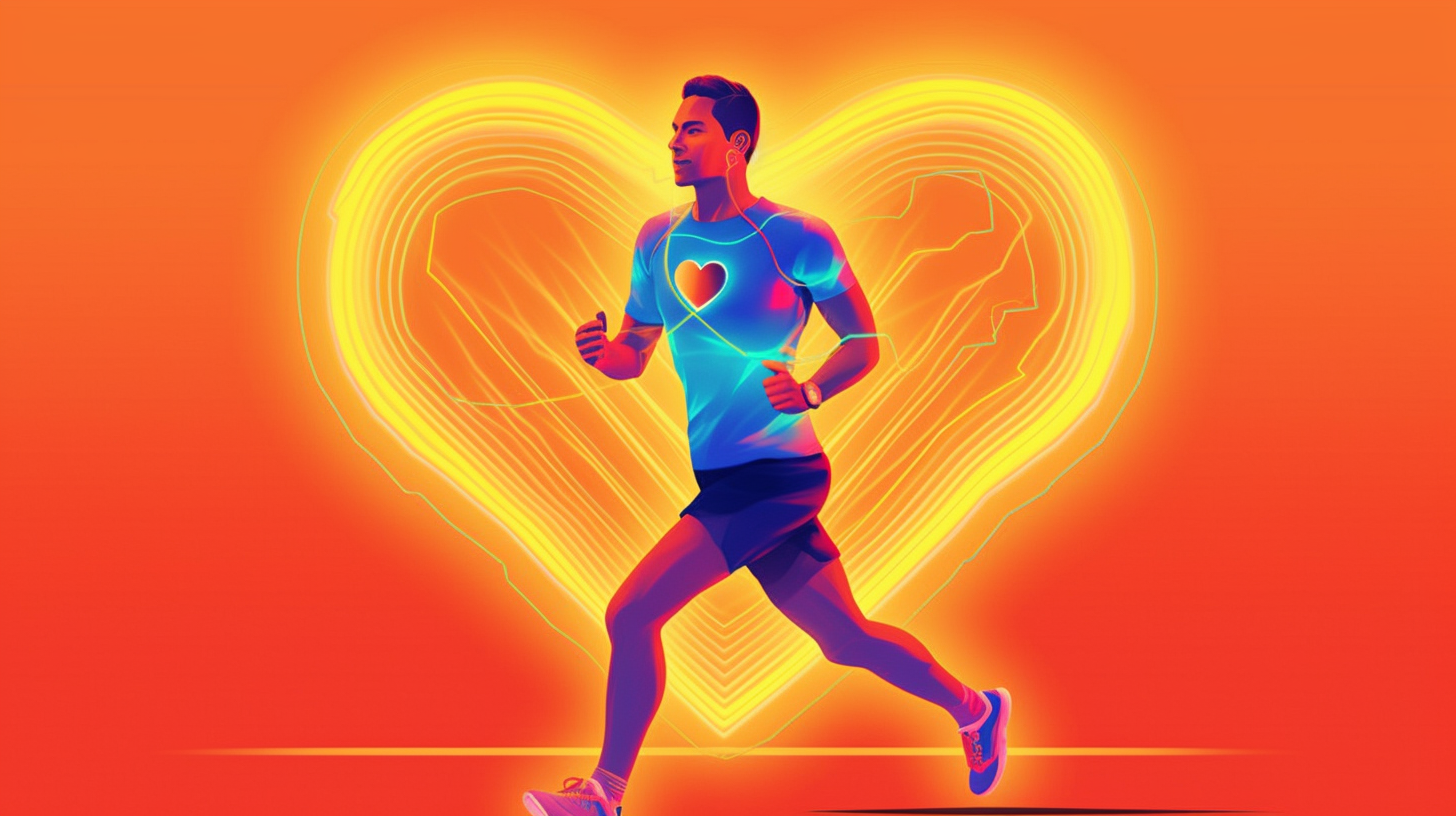
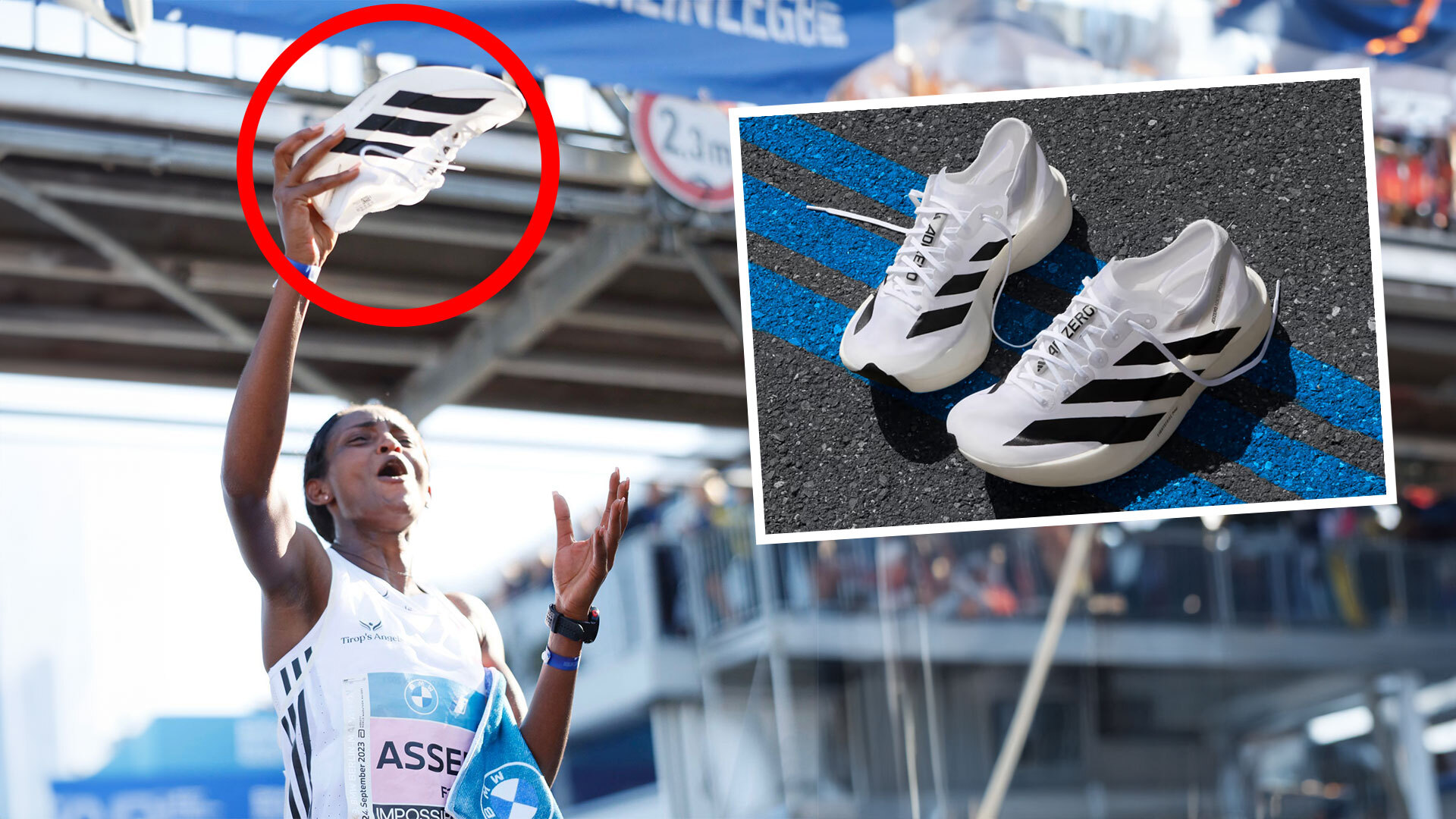
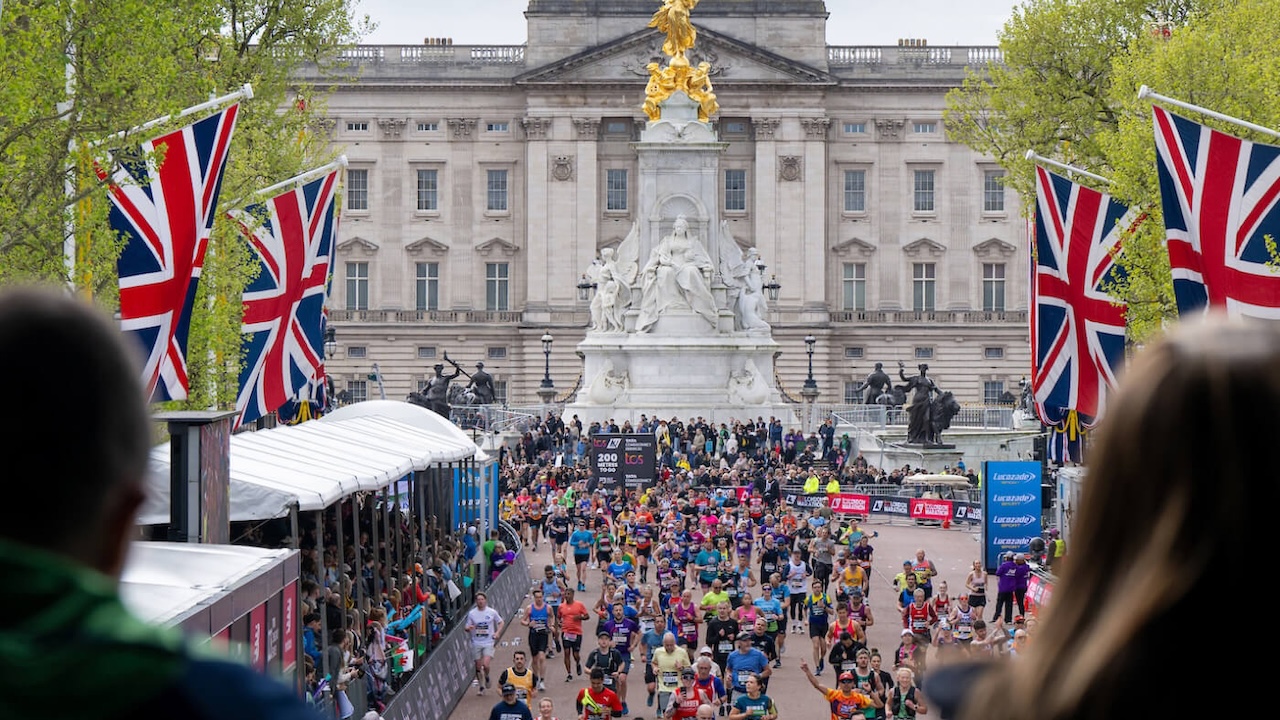


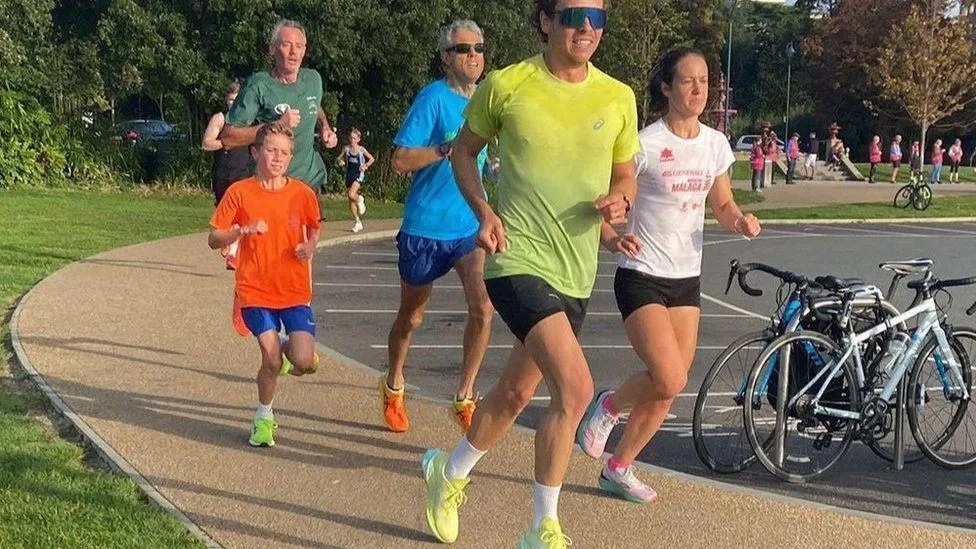
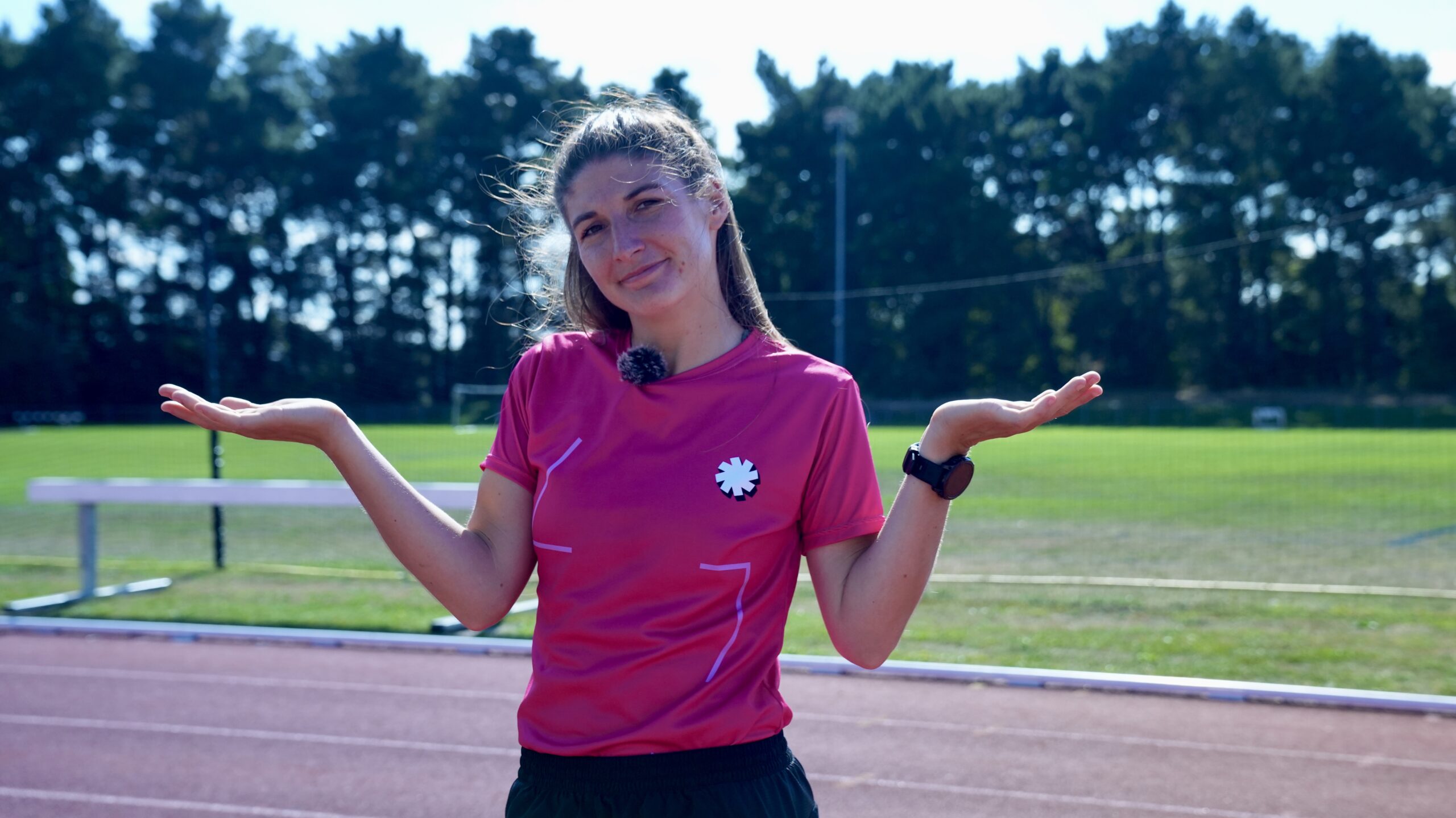
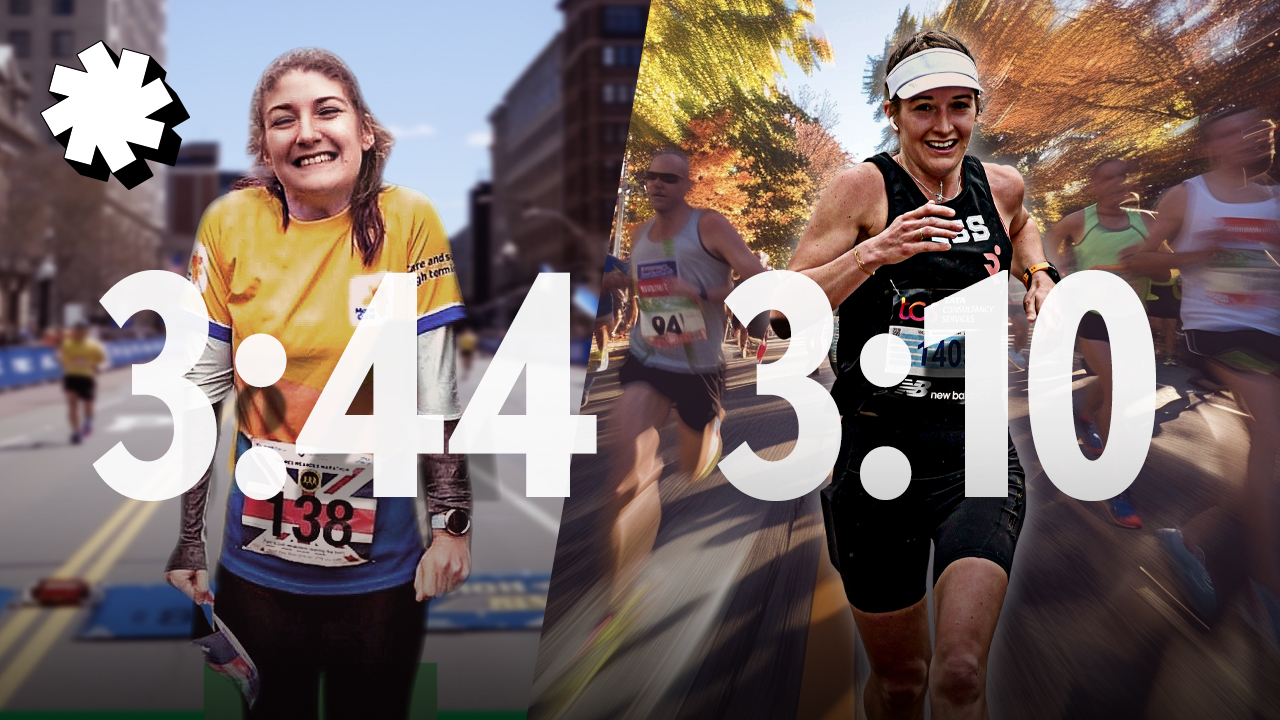

Running News
Paris 2024 Olympics Running Schedule
What Are Olympic Medals Actually Made From?
On Cloudboom Strike LS Initial Thoughts